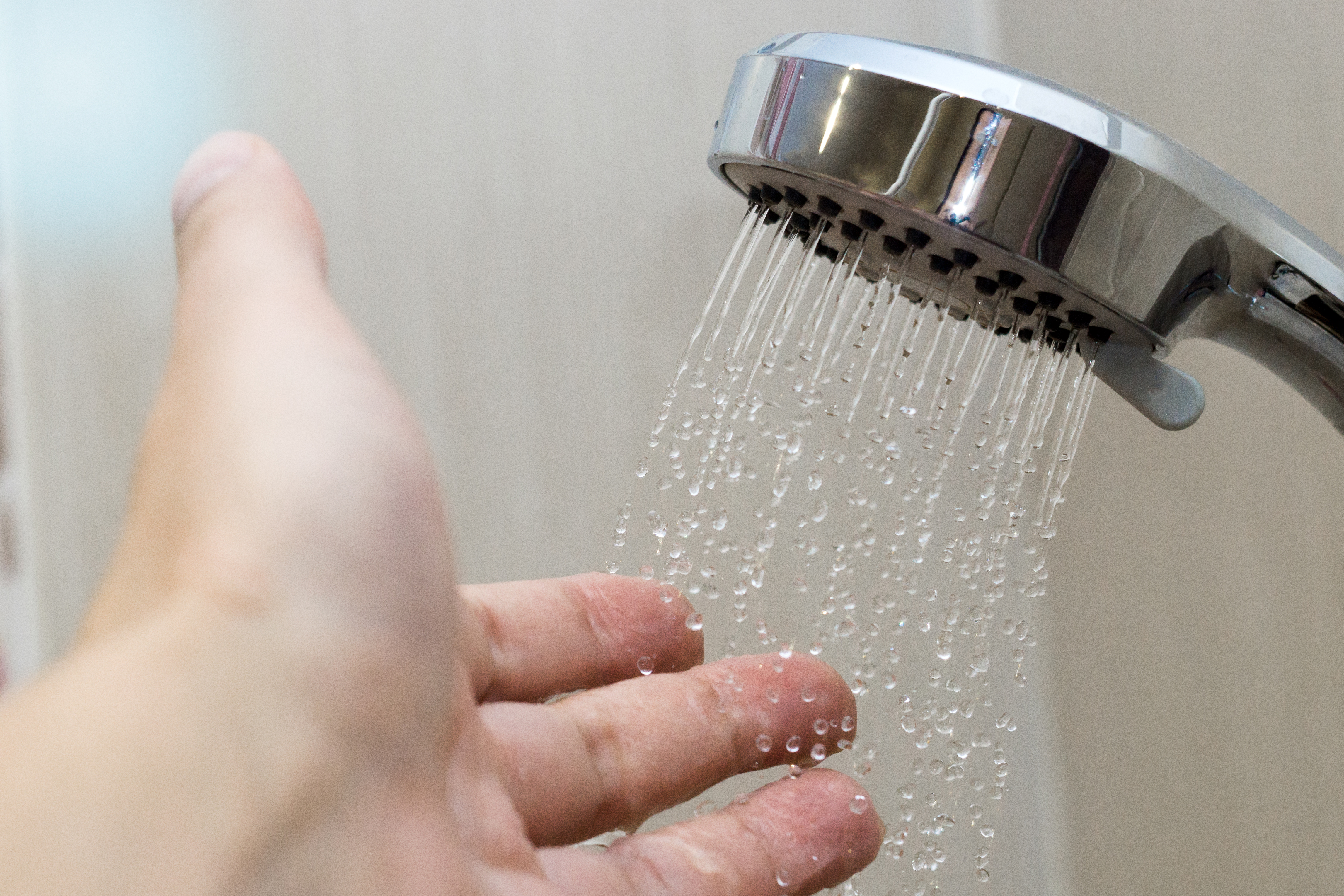How to Change Hard Water to Soft Water for Your Shower
If you've noticed dry skin, an itchy scalp, or limescale buildup on your showerhead, chances are you're dealing with hard water. Don’t worry—you're not alone. Hard water is a common issue in many households, but thankfully, it's something you can fix.
In this guide, we’ll explain how to make hard water soft, especially for your shower. Whether you’re curious about how to get soft water, wondering how to fix hard water in the shower, or just looking for the best way to soften water, this article has you covered.
What is hard water, and why is it a problem?
Hard water contains high levels of minerals, mainly calcium and magnesium. While not harmful to your health, these minerals can cause:
- Dry skin and hair
- Soap scum in the bathroom
- Clogged showerheads
- Faded clothes
- Reduced soap lather
- Limescale buildup on tiles and fixtures
These are just a few reasons why people search for how to get rid of hard water in the shower or how to get soft water in the shower.
How do you soften water for showering?
Let’s get into the different ways you can soften hard water effectively.
1. Install a shower water softener
One of the most popular solutions is installing a shower water softener. This compact device fits directly between your shower pipe and showerhead, making installation simple even for those with minimal plumbing experience.
Not only is it affordable, but it also effectively filters out minerals and chlorine, which can contribute to dryness or irritation. As a result, many users notice improvements in both skin and hair health.
But like most filtration systems, it does require regular filter replacements to maintain its effectiveness. Additionally, while it's great for moderately hard water, it may not fully soften extremely hard water on its own.
2. Whole-house water softener system
If hard water is impacting your entire home, a whole-house water softener system offers the most comprehensive and long-term solution.
These systems treat water at the point of entry, ensuring that every outlet in your home, such as showers, faucets, washing machines, and more, receives softened water.
By reducing the mineral content, they help protect plumbing and appliances from scale buildup and damage over time. Whole-house systems typically work through ion exchange, replacing calcium and magnesium ions with sodium or potassium.
While they offer significant benefits, they come with a higher upfront cost, require professional installation, and, in the case of salt-based models, need regular salt refilling to maintain performance.
3. Use a water-softening showerhead
Showerheads with built-in filtration systems offer a convenient and portable alternative to full-scale water softening solutions. These units are especially appealing for renters, as they require only a quick DIY installation and can be easily removed or replaced.
Many models go beyond basic filtration by incorporating features like vitamin C or charcoal filters, which can help neutralize chlorine and improve the overall shower experience.
However, while they’re effective for moderate water conditions, they may not perform as well in areas with very high mineral content. Additionally, to maintain their effectiveness, the filter cartridges need to be changed regularly.
4. Vinegar rinse for showerheads
If you’re not ready to invest in equipment yet, here’s a quick hack:
- Detach your showerhead
- Soak it in vinegar overnight
- Scrub gently with a toothbrush
This helps get rid of hard water in the shower by removing limescale buildup temporarily.
5. Try a DIY water-softening mixture
Mix equal parts vinegar and water in a spray bottle and spray your body and hair post-shower. Rinse off after a few minutes. This can help neutralize some mineral effects, though it’s not a long-term fix.
How to get soft water: what else can you do?
- Keep your shower clean: Wipe tiles, taps, and shower glass regularly to prevent buildup
- Switch to soaps that work in hard water: Some body washes and shampoos are specifically designed for hard water
- Shower filters: Use filters that also remove chlorine for added skin and hair benefits
- Use distilled water (temporarily): For sensitive skin, rinsing with a small bucket of distilled or filtered water post-shower can help
Benefits of soft water in the shower
- Softer, smoother skin
- Shinier, more manageable hair
- Longer-lasting bathroom fixtures
- Better soap lather and less residue
- Reduced skin irritation and itchiness
Also, check out why your skin might itch after taking a shower—hard water could be the culprit.
Now that you know how to make hard water soft, it’s time to take action and enjoy better showers. Whether you go for a simple shower filter, a full home softener, or a DIY solution, even small changes can make a big difference in your daily routine.
Need help building a healthier shower habit? Check out this showering and bathing guide for more.
FAQs
Can I soften hard water without a filter or system?
Yes, you can use natural methods like vinegar rinses or baking soda in bathwater, but they are temporary and not as effective as filters or softeners.
Is it better to shower in soft water?
Absolutely. Showering in soft water helps your skin retain moisture and keeps your hair shiny and clean. Learn more about showering habits and hygiene tips.
How do I know if I have hard water?
Common signs include white spots on fixtures, dry skin after showering, and poor soap lather. You can also use hard water test kits available online.
